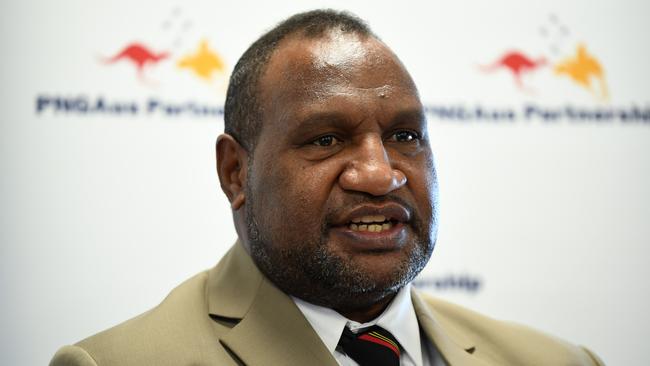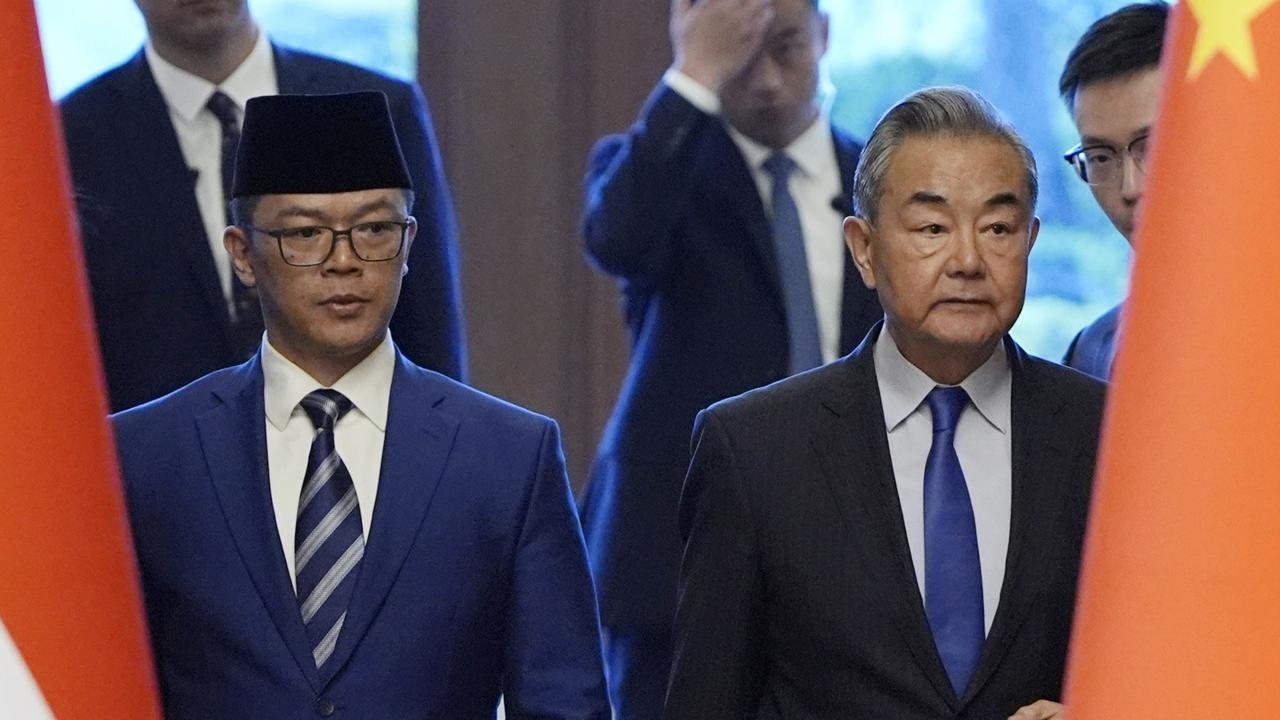Warnings over PNG’s Chinese hydro project
PNG has given the green light to a new $2.6bn Chinese hydro-electric plant despite warnings it could cripple the nation’s state-owned power company.

Papua New Guinea has given the green light to a new $2.6bn Chinese hydro-electric plant despite warnings it could cripple the nation’s state-owned power company, as PNG’s cash-strapped Marape government seeks another $400m loan from Australia.
The Ramu 2 power plant would be financed, built and operated by China’s Shenzhen Energy before being handed back to PNG after 25 years.
The Weekend Australian has learned the PNG Power Ltd board approved a provisional Ramu 2 power purchase agreement this week – under pressure from the government – after years of lobbying by China and the project’s domestic political backers.
Its approval comes amid growing Australian government concerns over PNG’s susceptibility to bad Chinese deals that could leave the country financially and politically beholden to Beijing.
PNG is pursuing the project against the wishes of the Australian government, and despite efforts by the country to secure a fresh budget support loan in the upcoming Australian budget.
The Weekend Australian can reveal PNG is seeking $400m, on top of $558m it already owes Australian taxpayers, to shore up the country’s battered finances.
Part of the last Australian government loan was used to pay PNG’s 111 members of parliament $2.9m each in local “service improvement” funds.
Prime Minister James Marape travelled to Kainantu, in Eastern Highlands Province, on Friday to announce the project would go ahead.
The 180MW Ramu 2 plant would be one of the world’s most expensive hydro projects, with a construction cost of at least $12.3m per megawatt. A transmission upgrade to link it to the national power grid was awarded to another Chinese company under a $223m Exim Bank loan.
One senior PNG business source, not authorised to speak about the project, said the Ramu 2 deal would require utility to purchase all the power produced by the plant even if it was not required. “If you went to the market to get it done this would not be anywhere in the vicinity of a good deal,” the source said.
The PNG Power Ltd board made the deal provisional on the securing of a power offtake agreement with one of the big mining projects.
The prime candidate, Newcrest’s proposed Wafi-Golpu goldmine, has plans to generate its own power. But there is speculation the PNG government could force it to take Ramu 2 electricity as a condition of approval.
Australia, the US, Japan and New Zealand had promised at the 2018 APEC summit in Port Moresby to electrify and provide internet to 70 per cent of PNG’s population. So far, only a $250m solar project has been announced but not yet commenced.
The Australian government is also concerned about the strategic implications of a $200m Chinese fisheries project in Daru, just kilometres from Australia, and is seeking answers about a proposal by a Chinese company to build a $39bn megacity in Daru.
Lowy Institute Pacific program manager Jonathan Pryke said Australia should have used its financial leverage to impose conditions on Ramu 2.
“For the past two years Australia has been partially underwriting PNG’s budget with cheap loans, and we look set to for years to come. Given how cheap we can borrow it’s a sensible move, which also gives us more leverage.
“There are major concerns about this project – its size, its cost, its quality – not to mention a Chinese-owned and operated hydro station controlling power for half the country and establishing its own network of patronage. If we’re really worried … we should look to peg that support to a public cost-benefit assessment of the project.”




To join the conversation, please log in. Don't have an account? Register
Join the conversation, you are commenting as Logout